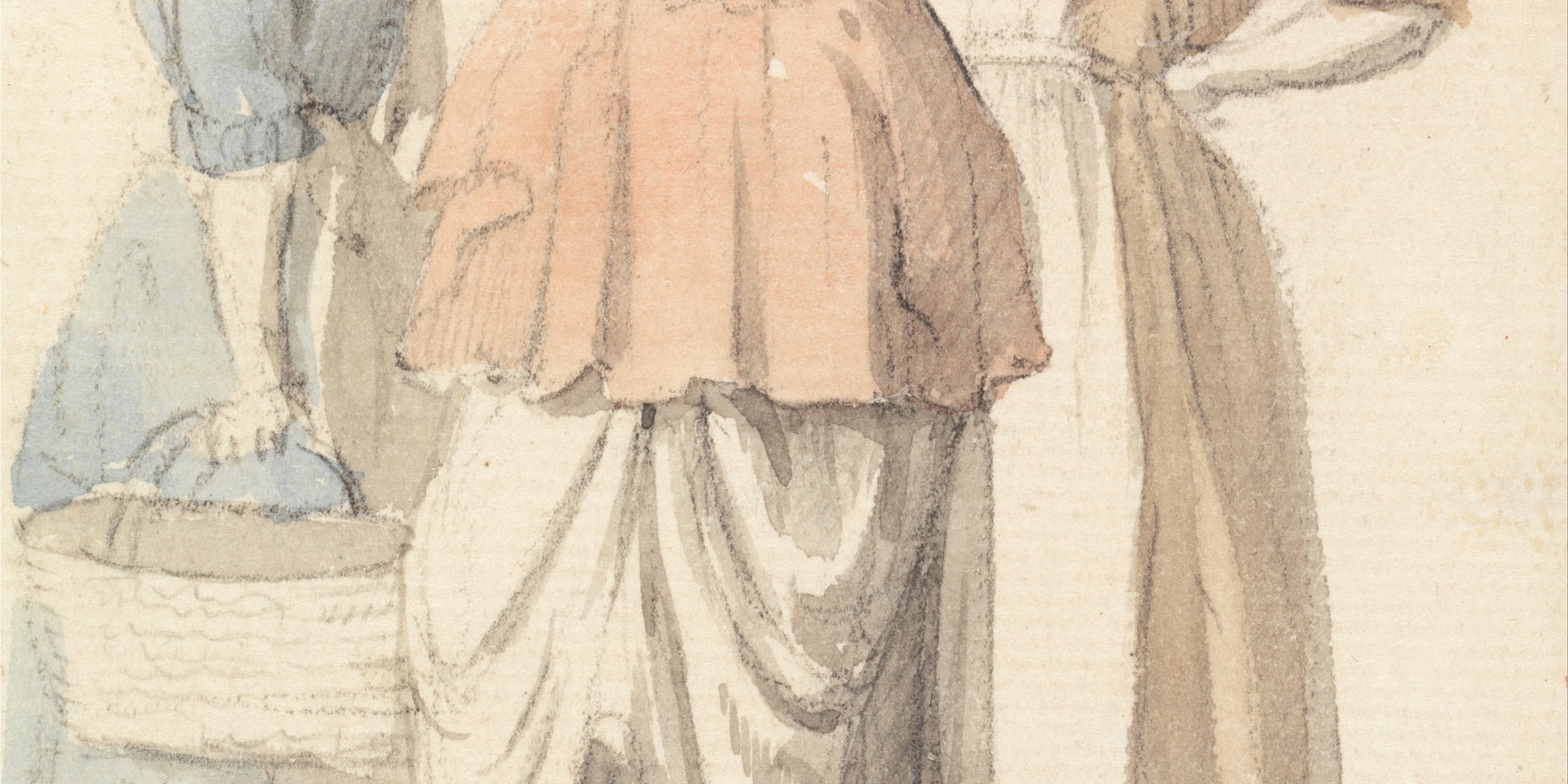The only thing worse than being talked about is not being talked about, right? That’s not how some people the Daily Dot has covered recently view the matter.
Take Daniel Brandt. Rightly or wrongly—we haven’t yet gotten to the bottom of that story, and perhaps never will—the merry, merciless mischief makers behind the revived Encyclopedia Dramatica hold the voluble online critic responsible for their site’s struggle to get back online.
Cliff Satell, meanwhile, would love for you to hear his life story—but his version, not others’.
…
Brandt has tangled with everyone from Google’s Larry Page to Wikipedia’s Jimmy Wales. The core motivation behind his complaints: Who gets to define one’s online identity?
Brandt objected to the very notion that Wikipedia, at one point, had an article about him. That’s an alien notion to a celebrity-obsessed culture: arguing for one’s own insignificance.
…
Satell, a recent graduate of Duke University, has a different problem. There are things he’d very much like you to know about him, like the fact that he’s an Eagle Scout, ping pong expert, and former leader of the Duke College Republicans.
There are things that I assume he’d rather you not know—for example, that he was arrested for allegedly possessing videos of preteen and teenage boys engaging in sexual acts. Those charges were never proven, and he instead agreed to plea guilty to lesser charges of distributing obscene materials.
But stories about the original charges and arrest, out of context of the subsequent plea bargain, persist online, easily Googled.
He could have taken the Brandt approach and railed against the unfairness of personal information being easy to find online. Instead, he sought to tell his life story on his website—and apparently, lots of others, like Twitter. Quora. About.me. Thoughts.com. LiveJournal. (LiveJournal?) And Reddit.
That last move—if Satell was actually behind the Reddit posting—may have been a mistake. Reddit, the social news site, doesn’t take kindly to self-promotion—it’s alien to the community. And so redditors, curiosity piqued, rapidly dug up stories about his arrest.
Redditors weren’t as fast to find his civil-rights complaint against Duke University administrators and students, one of whom allegedly threatened to release damaging information about Satell. It’s not clear if or how the campaign of harassment he reported in the complaint tied into the charges he faced, but it presents an interesting wrinkle.
When Daily Dot reporter Kevin Morris asked Satell if he was behind the Reddit posting, his reply was less than illuminating:
“I—like anyone else—have the ability to post things on the Internet. I have my own website, cliffsatell.com, and what occurs outside of that domain is not within my control.”
…
That got me thinking of how we used to build our online identities, back in the days before social networks or blogging platforms. We rolled websites by hand, coding HTML and uploading files and images to space on a server. We called them “homepages,” not blogs. I remember reading the likes of the Semi-Existence of Bryon and Derek Powazek’s DMP: It’s Just a Homepage in 1995 and 1996, and feeling a bit less lonely somehow, knowing that someone else was out there.
There are traces of this old Web here and there. I stumbled across an old page on Salon.com describing the back end of its now-defunct Web community system, Table Talk. Salon.com product director Karen Templer told me that she and her team were “cleaning up 15 years of file cruft.” I told her she should save it and get it archived.
…
As we live our lives online, we accumulate all kinds of cruft—some on websites we control, but increasingly on third-party sites where its destiny lives outside our grasp. Google+, Facebook, and Twitter all serve as a permanent record. Our lives are in the clouds, outside our grasp.
Perhaps there are some facts about ourselves we shouldn’t escape, some stories that should be told lest we avoid learning their lessons.
But I wonder what we’ve lost in those old days, when we were the sole authors of our painstakingly constructed online lives.
On a lark, I looked up Bryon Sutherland, who’s widely credited as being one of the Web’s first diarists. He’s now working at Dell, as a manager of cloud services. Oh, and he’s on Google+, of course, where his wry profile notes that he once had a “modicum of fame.”
I asked Sutherland if he’d like to catch up sometime about the old days. “Sounds like fun,” he told me. I look forward to interviewing him. His Semi-Existence may be over. But his existence—and our existences—go on.


